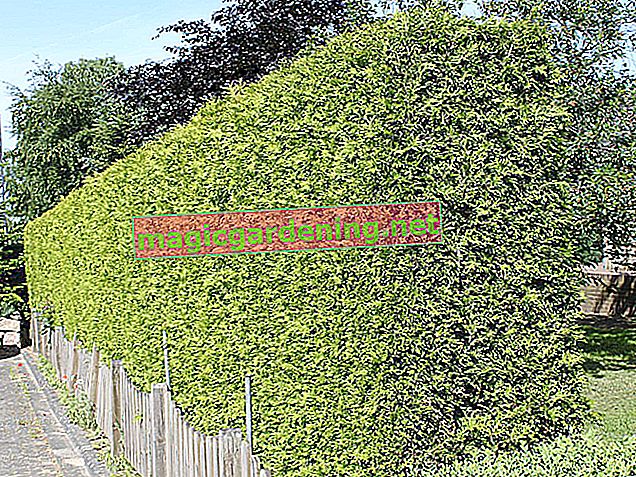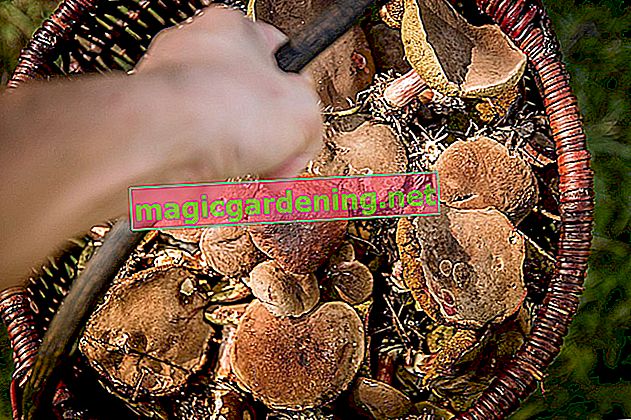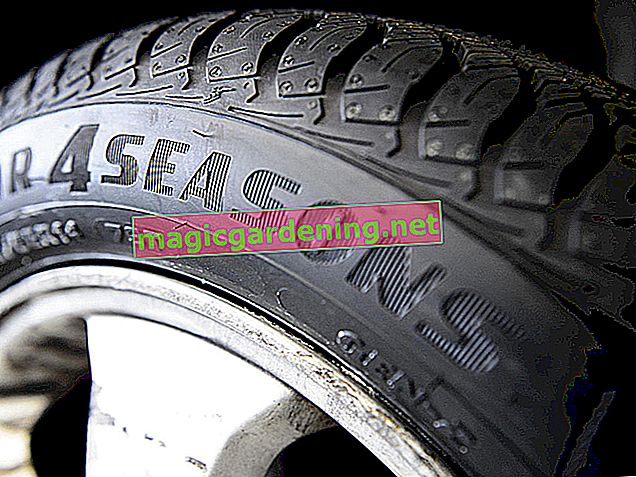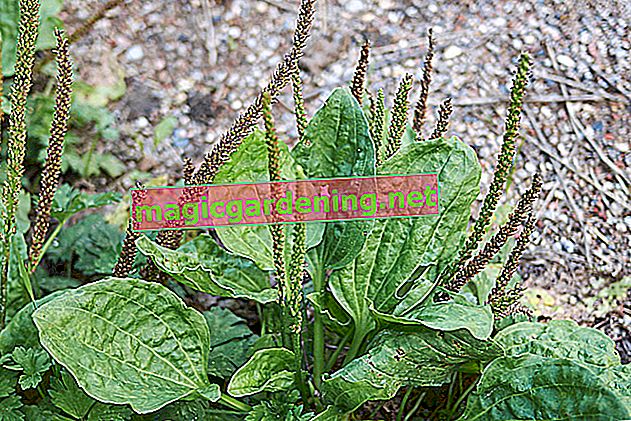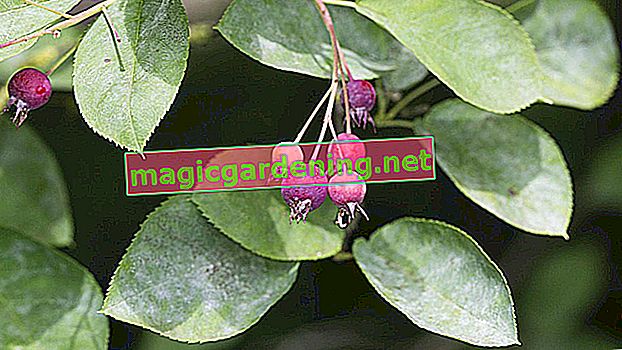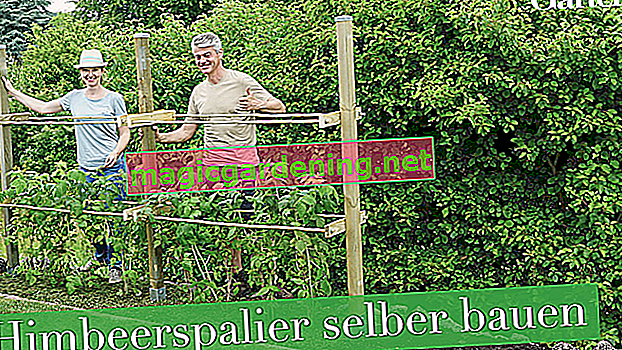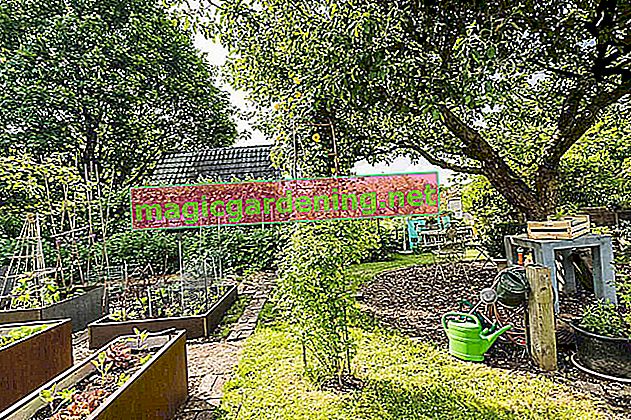
Suitable vegetables and fruits for the shade garden
The vegetables and fruits that are suitable for the shade garden include, above all, those that thrive in the forest as a wild form: berry trees such as raspberries, currants, blueberries and wild strawberries are ideally suited for cultivation in the shady garden. The same applies to plants such as wild garlic. In addition, most leafy vegetables such as cut, pick or lamb's lettuce, ice cream and lamb's lettuce also tolerate a darker location. Furthermore, different types of cabbage such as broccoli, cauliflower, white and red cabbage as well as legumes (peas, beans) and root vegetables (radishes, carrots, parsnips, beetroot) require rather little light.
also read
- How to design a vegetable garden for children
- How to Design a Vegetable Garden - Classic and New Ideas for Garden Design
- Why should you dig up a vegetable garden - and when better not
The right care for the shady vegetable garden
However, the plants mentioned cannot do without the sun, which is why you should absolutely observe the following tips when planting and caring for your shade garden:
- Vegetables should not be planted under spreading (fruit) trees or other trees.
- Here the plants are in direct competition with one another, so that none of them really want to thrive.
- In addition, (fruit) trees in particular draw a lot of water and nutrients - vegetables are dependent on both.
- Make sure that the available light is optimally used in the shade garden,
- by placing reflectors behind the plants, for example, to catch the last ray of sunshine.
- If the bed is in front of a wall, paint it white - this will also reflect.
- Heat helps the plants to grow, so you ensure the best conditions with foil tunnels, glass boxes, etc.
- Shady locations are also often rather damp, which can lead to waterlogging.
- Before planting, ensure optimal drainage and, if necessary, carry out a soil improvement.
- Good garden soil is loose, permeable and rich in humus.
- Before planting, work in plenty of compost and check the pH of the soil.
Tips
Before planting, first have a soil analysis carried out, which should be repeated every four years. Then you will find out how your garden soil is actually composed - and how you can optimally fertilize your garden.



